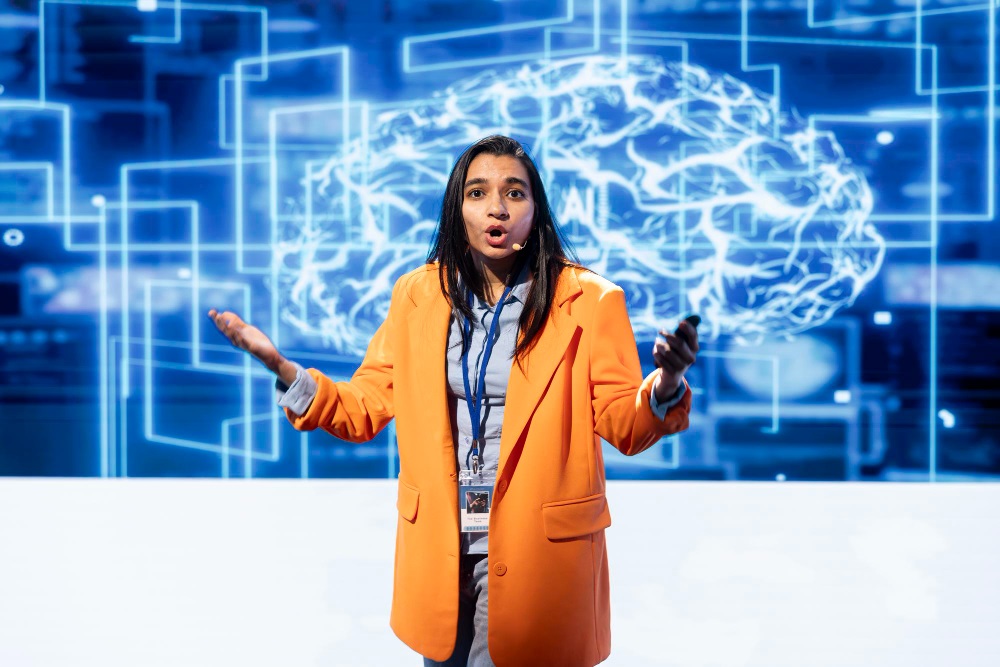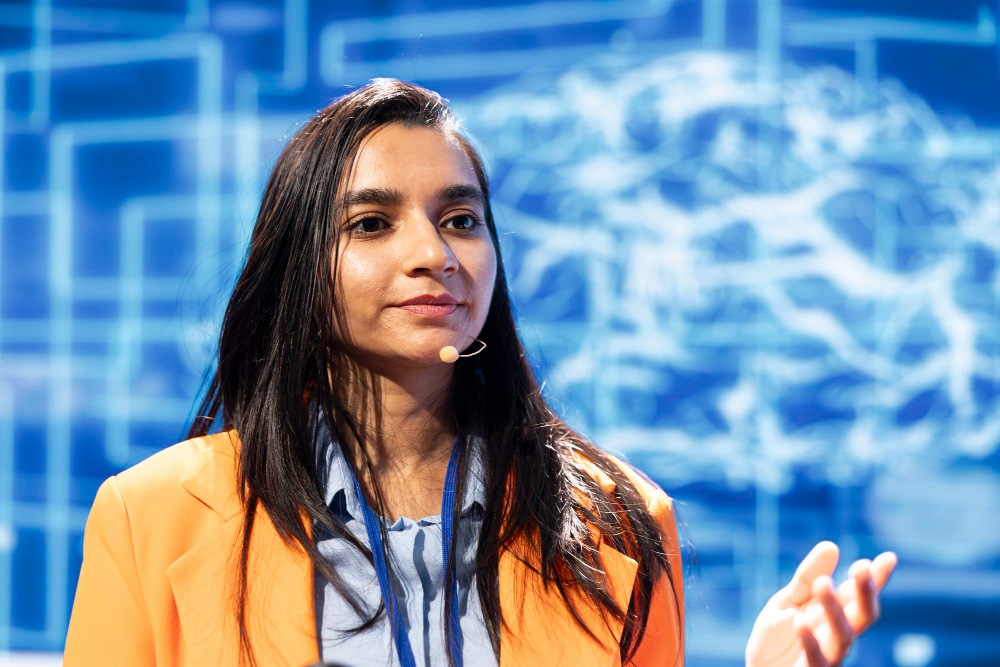"Innovation distinguishes between a leader and a follower. At Salty Media Production, we believe in pushing the boundaries of what's possible with AI and creative technology."
AI adoption in India has surged across industries — from BFSI and healthcare to manufacturing and retail. Yet, there is a significant shortage of AI-skilled professionals, slowing the pace of transformation.
The Indian government has prioritized AI initiatives, and enterprises are investing heavily in automation, but without a trained workforce, projects risk stalling. The talent gap is not just about quantity; it’s also about aligning skills with emerging technologies like generative AI, agentic AI, and advanced automation.
Why the Gap Exists
Rapid Demand Growth
Adoption of AI in enterprises has grown faster than universities and training institutes can supply skilled graduates.
Specialized Skills Needed
Beyond coding, AI automation requires data engineering, prompt design, model fine-tuning, MLOps, governance, and compliance — areas where expertise is limited.
Brain Drain & Competition
Global firms are setting up AI hubs in Bengaluru, Hyderabad, and Mumbai, attracting top talent with higher pay packages, creating shortages for domestic firms.
Impact on Automation Agencies
Agencies are at the front line of this talent crunch:
- Hiring challenges: Finding engineers with both RPA and AI experience is rare.
- Project delays: Lack of skilled staff increases implementation timelines.
- Rising costs: Salaries for AI specialists in India have risen sharply.
- Client expectations: Enterprises expect agencies to deliver AI-ready automation now, not years later.
Strategies to Bridge the Gap
Upskilling & Reskilling
Agencies must create in-house academies or partnerships with edtech platforms to train existing staff on AI-first workflows.
Collaborations with Universities
Building internship pipelines and real-world projects with IITs, IIITs, and private universities ensures a steady stream of skilled talent.
Focus on Smaller, Efficient Models
With small language models (SLMs) gaining traction in India, agencies can prioritize these over large, resource-heavy systems, reducing training complexity and skill barriers.
Leveraging AI to Train AI
Meta-learning and AI-driven education tools can accelerate training for junior developers and analysts, closing the skills gap faster.
Global-Local Partnerships
Partnering with global AI providers (like OpenAI or Nvidia) while customizing solutions for Indian markets helps agencies stay ahead without overextending local talent needs.
The Future Workforce
The next wave of AI talent in India must blend technical skills, domain expertise, and ethical awareness. Agencies that invest in nurturing this talent will not only bridge the current gap but also gain long-term competitive advantage.
References
- CoinGeek – India faces AI talent gap amid rapid adoption: https://coingeek.com/india-faces-ai-talent-gap-amid-rapid-adoption-finance-minister
- Economic Times – Anthropic expanding workforce in India: https://timesofindia.indiatimes.com/technology/tech-news/anthropic-is-going-the-openai-way-confirms-expanding-its-global-workforce-in-india-and-other-countries/articleshow/124215120.cms
- EY – Generative AI: Shaping India 2025: https://www.ey.com/en_in/insights/ai/generative-ai-india-2025-report/gen-ai-2025-trends-india
Ready to start your next project? Get in touch with us today and let’s discuss how we can bring your vision to life.



